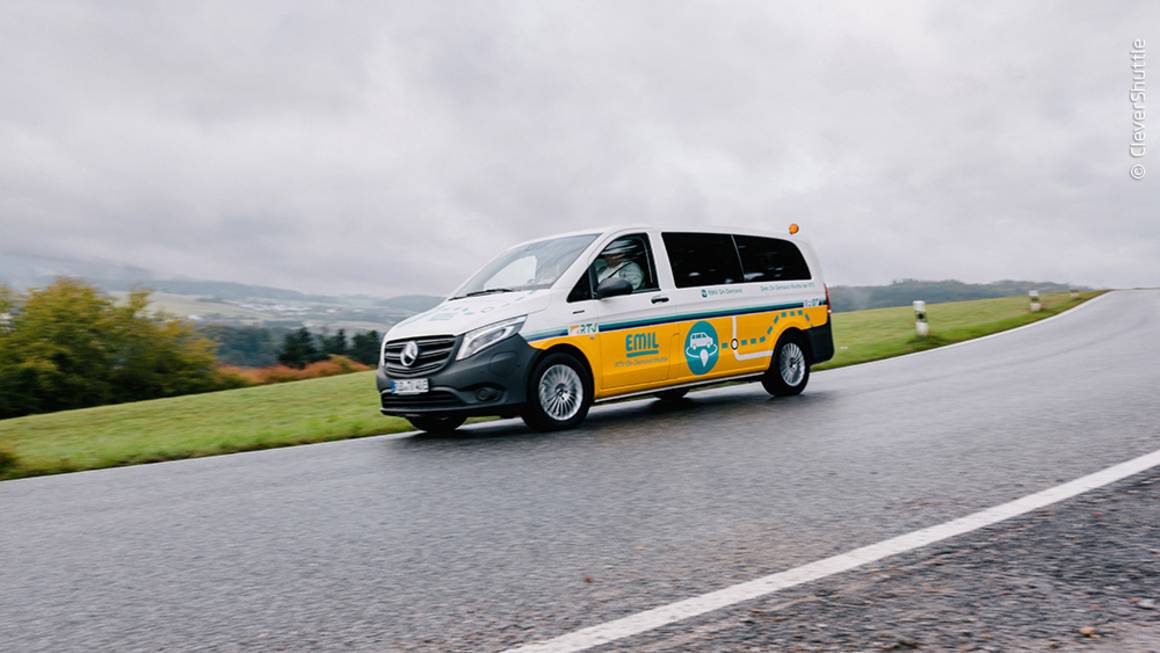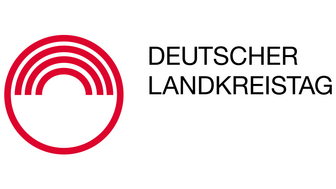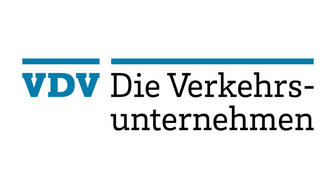Reducing greenhouse gas emissions in rural areas is a particular challenge, as travel distances are often long; public-transport demand is difficult to bundle; and privately owned cars dominate the landscape. Clearly, public transport must be further developed in rural areas if it is to serve as a viable alternative to private-vehicle use.
Demand-responsive mobility services can play an important role in the expansion and modernisation of public transport. New, demand-oriented forms of public transport are now possible in Germany thanks to the 2021 amendments to the Passenger Transport Act. For example, passengers can now be transported using minibuses that are no longer bound to specific routes or timetables, but rather operate on demand.
The project researchers are performing simulations to gain insight into the supply, demand and operational factors governing ridesharing in different types of rural areas. Based on this work, the project will develop action recommendations for public transport authorities and local actors. These recommendations will spotlight the defining features of on-demand transport that is both ecological and economically sensible. At the same time, the project will identify the operating costs associated with improvements to transport services.
In carrying out the study, Agora Verkehrswende is being supported by the German Association of Rural Districts (DLT), the German Association of Towns and Municipalities (DStGB) and the Association of German Transport Companies (VDV). The PTV Group is the project partner entrusted with conducting the study.





